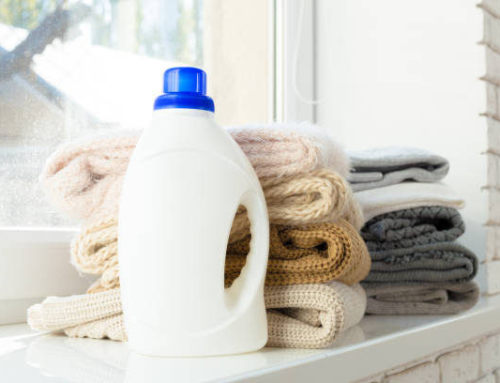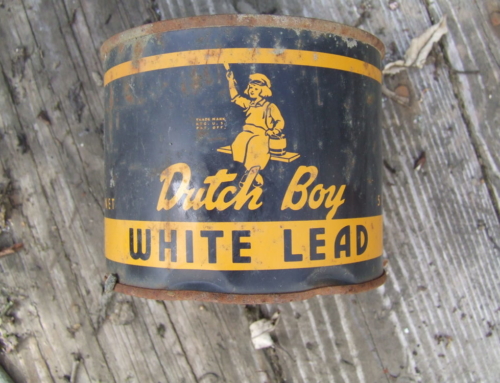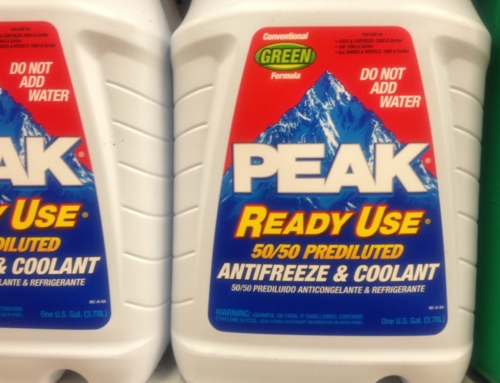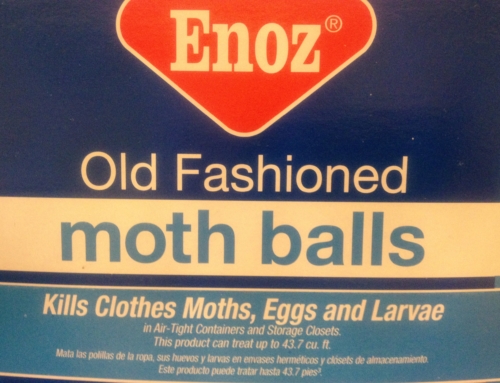If you have any reason to suspect your pet has ingested something toxic, please contact your veterinarian or one of the other resources listed:
• ASPCA Animal Poison Control Center 24-hour hotline at (888) 426-4435
• Pet Poison Helpline® 24-hour animal poison control service at (855) 764-7661
Liquid Fuels
Liquid fuels, also known as hydrocarbons, is a broad group consisting of many chemical entities that can cause harm to household pets.These are items typically found in the garage. Some of these products if mixed with antifreeze and ingested can be deadly to dogs and cats. The following are included in this classification:
- gasoline
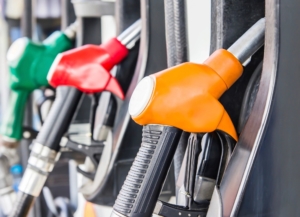
- diesel
- paint solvents
- wood stains
- wood strippers
- turpentine
- fuel used in tiki-torches
- kerosene
- engine oil
- roofing tar/asphalt
- liquid lighter fluids
It is important to properly store all such products tightly sealed and out of your pets’ reach.
Signs and symptoms of toxicity: vomiting, nausea, agitation, coughing, wheezing, drooling, rapid breathing, skin irritation or burns, oral and/or tissue irritation, eye irritation, walking drunk or difficulty walking, elevated body temperature. These signs often begin within a few hours of exposure.
Toxic Consumption: Due to the numerous compounds within this classification, the level of toxicity is variable. All incidents of exposure should be reported immediately.
If a skin exposure has occurred the animal should be bathed with a non-medicated, degreasing shampoo or hand-washing detergent. Multiple baths are encouraged and you should still seek help immediately. If ingestion is suspected, do NOT induce vomiting as this may worsen the pets condition and lead to aspiration pneumonia.
References:
– Osweller, G. et al. (2011). Blackwell’s five-minute veterinary consult clinical companion. Small Animal Toxicology. [kindle version]. Retrieved from Amazon.com
– Owen JG, Dorman DC. Common household hazards for small animals. Vet Med 1997; 92(2):140-148.
– Hydrocarbons. Pet Poison Helpline. [updated 1/19. accessed 8/20/19]. https://www.petpoisonhelpline.com/poison/hydrocarbons/
Pet Poison Control is provided free as a public service by the American College of Veterinary Pharmacists. Today we’re asking you to support us with a small donation. If you would like to dedicate your gift in honor or memory of a pet or individual, you will have that option before checkout. Your gift of any amount helps us maintain this resource and make it available to the pharmacy and veterinary communities. Thank you!

